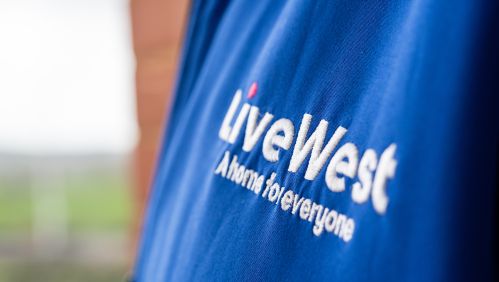Moving to Universal Credit from other benefits

Six types of benefits are being replaced by Universal Credit:
- Housing Benefit.
- Income related Employment and Support Allowance (ESA).
- Income based Jobseeker's Allowance (JSA).
- Child Tax Credits (CTC).
- Working Tax Credits (WTC).
- Income Support.
If you receive one of these benefits, you will have to move to Universal Credit.
You can stay on your current benefit until you get a migration notice letter from the Department of Work and Pensions (DWP) telling you to switch.
Certain life changes, like a separation from a partner or moving to a new area, might also mean you need to switch.
What happens when you receive a letter?
If you get a migration notice, apply for Universal Credit within three months to avoid a break in your financial support. The Department for Work and Pensions (DWP) might extend this deadline for valid reasons.
In some cases, letters will not include a deadline. If this is the case, you do not need to switch to Universal Credit unless you want to. You can check online to see if you will be better off to help make this decision.
Before applying, make sure your tax credit information is up to date, including renewing your tax credits if you need to. This ensures you receive the correct amount of Universal Credit.
What happens if you would be worse off under Universal Credit?
Under Universal Credit, some people are better off, but others are worse off.
If you claim Universal Credit within the three month deadline (or any agreed extension), you will be eligible for transitional protection payments, which top up your Universal Credit if it is less than what you previously received.
Missing the deadline may mean your benefit payments are interrupted, and you may not be eligible for the top up payments to bring the amount you get up to what you previously received.
For more information, please visit the government website.
Image credit: Shutterstock / Krakenimages.com














